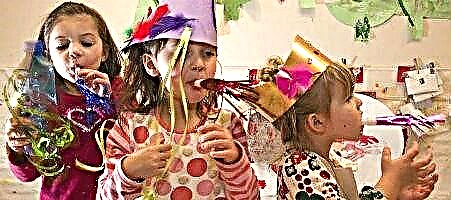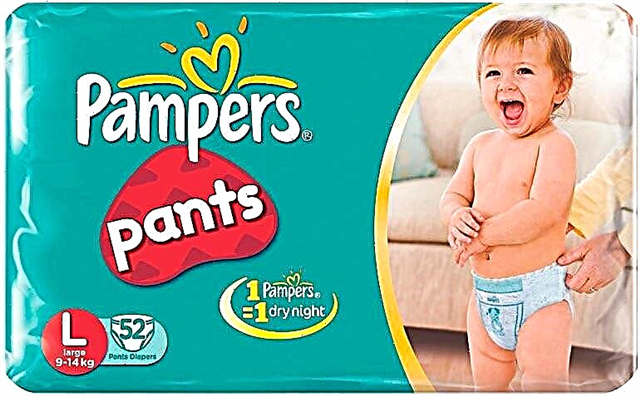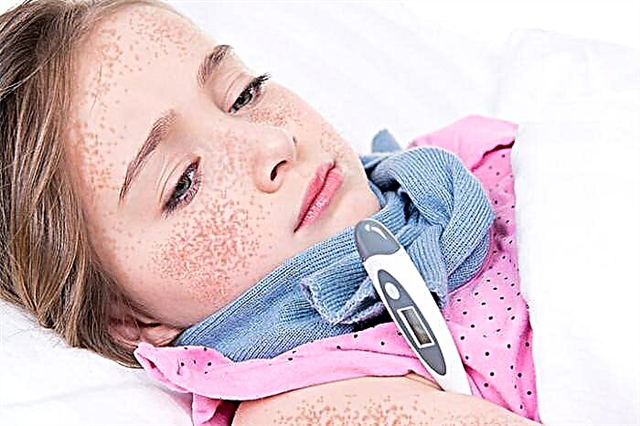
In Russia, three out of a thousand people experience a stroke. Almost a quarter of all deaths are caused by strokes. Eight out of ten patients who have suffered from a stroke then persist with severe neurological disorders. Up to a quarter of such cases are disabilities. Therefore, medicine is doing everything to improve the quality of emergency stroke care. Psychosomatic medicine tries to do everything to avoid a stroke at all.
In this article, we will discuss psychosomatic causes.

General information
A stroke is an acute disturbance of the blood supply to the brain, which leads to its damage in a certain focus. A stroke can be either hemorrhagic or associated with oxygen deficiency, that is, ischemic. It is manifested by a sudden feeling of weakness in the arms and legs, asymmetric "skew" of the face, impaired consciousness, speech, vision, dizziness.
In medicine, there is even such a definition of stroke as vascular accident... Ischemic pathology is also called cerebral infarction, hemorrhagic stroke is an atraumatic lesion, in which a vessel ruptures with hemorrhage.
The reasons for this in medicine are considered to be high blood pressure, cardiac pathology and atherosclerosis. The likelihood of a stroke increases if a person does not eat properly, smokes, abuses alcohol, or experiences acute stress conditions... The risk of stroke is increased in women who take oral contraceptives for a long time. Doctors also emphasize the presence of a hereditary factor - if direct relatives have dealt with a stroke, then the likelihood of such a pathology increases.
If with alcoholism and obesity, which most often provoke the disease, everything is more or less clear, then many questions arise regarding such a reason as severe stress. Evidence-based medicine does not specify what type of stress can lead to brain damage, but psychosomatics knows the answer to this question.

Psychosomatic causes
The brain, from the point of view of psychosomatics, is the control center, the main "computer" that directs the entire body, keeps everything under control. How correctly this "computer" works depends on how healthy and functional a person will be.
Psychoanalysts found out that the most common cause of stroke is severe contradictions between a person's personal will and external circumstancesthat life offers him. It is sometimes impossible to resolve these contradictions, besides, people tend to "overload" their brain-computer with a mass of tasks at the same time ("must be in time", "must be done", "do not forget to come in"). When the overload of tasks becomes prohibitive, any, even the most powerful, "computer" can freeze.
One more a common cause of stroke is hatred... Not a little anger or annoyance, but exactly burning everything, total hatredthat a person experiences for a long time. According to experts, a lot in psychodiagnostics can be told by the location of hemorrhage - which of the hemispheres was affected. The right one is “responsible” for spirituality, imaginative thinking, self-identification, and the emotional sphere. The left is mathematical thinking, pragmatic and analytical.
A stroke in children usually has the form of a juvenile, occurring immediately after birth or during childbirth due to acute hypoxia. At an older age, strokes are not very common, because children do not know how to hate much, they still do not overload their brain with tasks too much.
Juvenile stroke is an exception, and you need to look for the cause in the psychological mood and mental state of the mother at the time of childbirth.

Researchers' opinion
Writer and psychologist Louise Hay claims that a stroke develops when a person categorically does not agree to change something in himselfdespite the fact that life makes him clear that the time has come for a change, that his brain can no longer stand it. But the stubborn argues that "he would rather die than overstep his own principles." As a result, he himself creates this situation.
Canadian researcher Liz Burbo is sure that people who have experienced a stroke have significant difficulties with their own "I", they are in a state of acute conflict with the world and themselves.
Psychotherapist Valery Sinelnikov claims that feelings such as jealousy and hatred are at the heart of the disease, but not ordinary, moderate, but literally "paralyzing" a person. Also, the doctor emphasizes, pathology threatens those who categorically refuse to accept their life and destiny.
Almost all researchers tend to argue that people who are inflexible, "stuck" in their old beliefs, and do not want to change them are more prone to strokes. This explains the widespread prevalence of pathology among people of retirement age.

Treatment
In the case of a stroke, it is very important to have a comprehensive approach to treatment. It is vital for a person to provide qualified medical care, as well as the treatment of the soul - psychotherapy. Experts recommend to deal in detail with the accumulated negative emotions, especially jealousy, anger, hatred, envy and greed. It is important to analyze the long period of time preceding the stroke, to find out what feelings and events it was filled with.
After the problem is found, you should eliminate it by replacing the negative with the positive. If it is difficult to do this on your own, you should contact an experienced psychotherapist for help in overcoming the disease. Relaxation, positive thinking, gaining a hobby, art therapy, walking in the fresh air, normalizing relations with all family members, colleagues, and friends will be beneficial.
Stroke, like most diseases of the cardiovascular, circulatory and nervous systems, can be avoided if even at the stage of the pre-stroke state you pay attention to changes in the psyche and the emotional background with which a person lives.
If you try to live positively all the time, not overload yourself with excessive responsibilities and experiences, then the risk of stroke can be minimized even in the presence of other risk factors, for example, hereditary ones.




